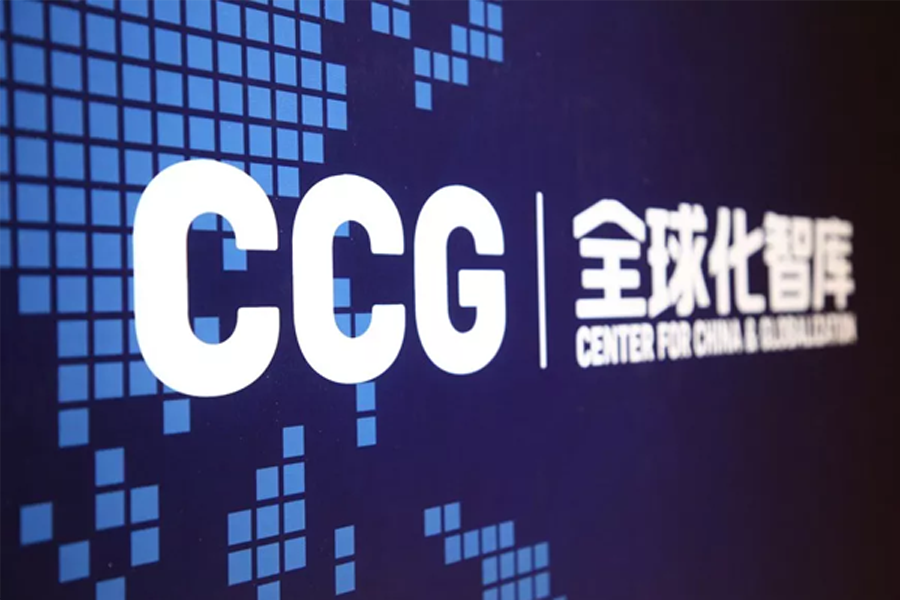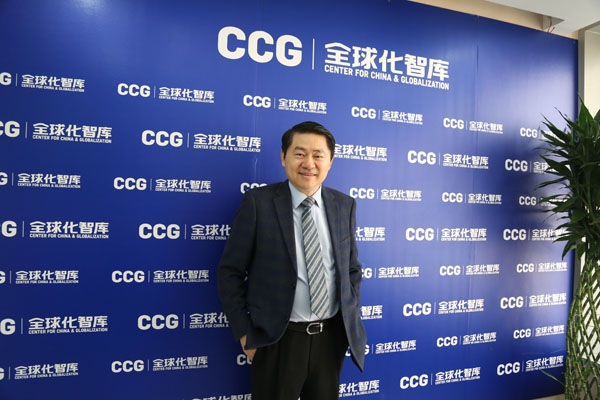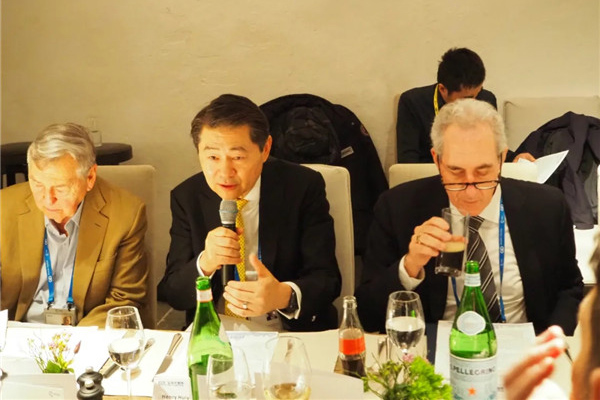Shou Huisheng: The western donors’ aid trap in Africa
2018年8月23日
Editor’s note: The forthcoming Beijing Summit of the Forum on China-Africa Cooperation brings the China-Africa relations to the spotlight. Some Western media have been vocally critical of China’s investment in Africa. Shou Huisheng, a non-resident senior fellow of the Center for China and Globalization(CCG), a researcher at Tsinghua University’s National Strategy Institute, explains the Western donors’ aid trap and China’s success in Africa in two pieces. Here is part one.
West’s Unfulfilled Promises
Prof. William Easterly, the renowned economist at the New York University, made harsh criticism on the post-war aid regime in his book “The White Man’s Burden” published in 2006 and many of his speeches, describing it as a tragedy greater than poverty in Africa itself. Although the west has poured 60 billion US dollars in Africa over the past decades, African children still cannot afford an 11 cent anti-malarial vaccine.
The Africa he described was that during the 1990s, marred by economic stagnation and even negative growth rate, engulfed by civil wars, extreme poverty and diseases.
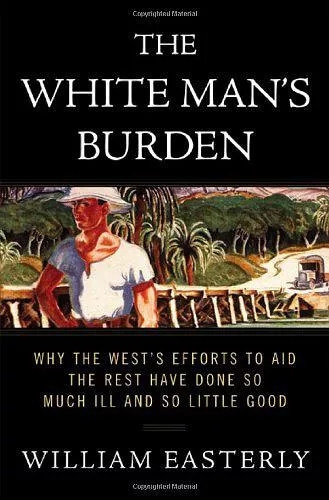
The book “The White Man’s Burden” written by William Easterly. /VCG Photo.
What makes this look even worse is that Africa’s misfortune happened in a rare time of peace and prosperity in the post-war era. When the rest of the global south was catching up, Africa became the only major region left out.
Easterly’s major attack on the traditional aid regime lies in the lack of market incentives to African people and governments. International aid became a tool mainly for the west to show their goodwill but in practice was marred by rigid ideological principles that literally give African people no space to determine what they want and how to utilize the money.
Instead, according to Easterly, the aid package often pursue Utopian goals, forcing aid workers to “focus efforts on infeasible tasks, instead of the feasible tasks that will do some good.” He calls aid packages “big plans” that “will always fail to reach the beautiful goal.”
Easterly calls those in charge of the aid regime “planners” who dictate Africans what to do using a top-down approach, while what Africa needs are searchers who respect market logic and work from the bottom up with local people in order to find the most feasible ways.
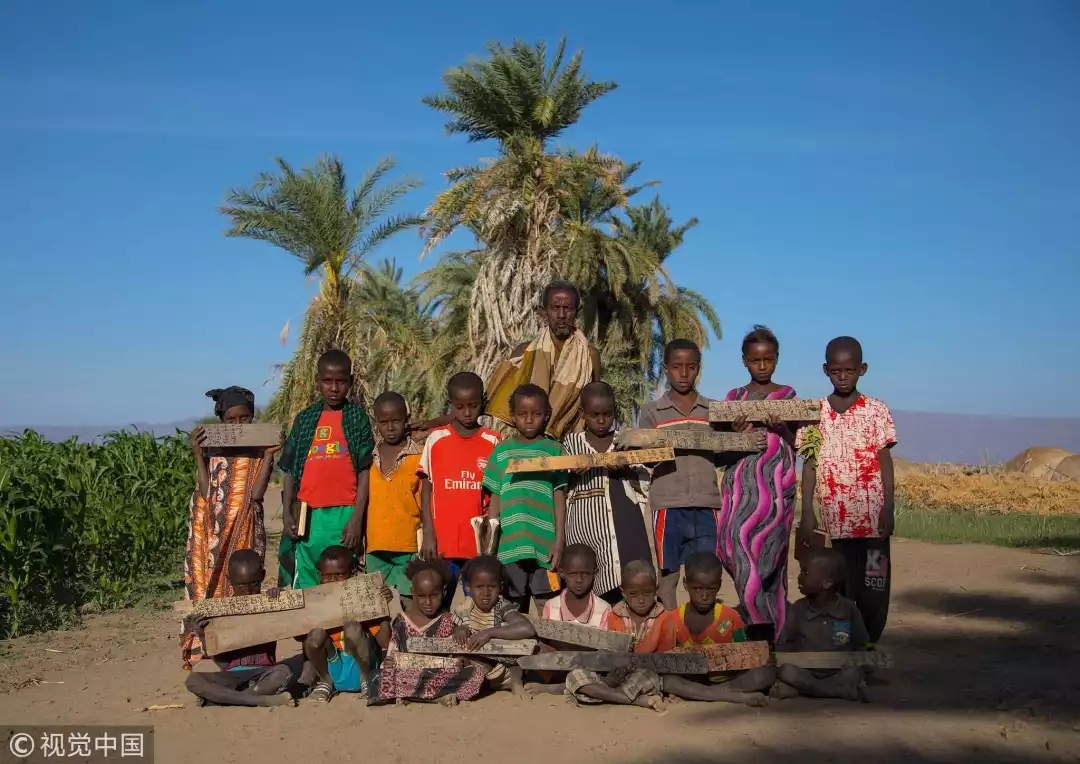
VCG Photo
The outcome was disturbing. The aid regime not only failed in achieving its goal of eliminating poverty in Africa, it was even worse. African countries went deeper into poverty, further than they were before and less stable than they were previously, as the governments and societies became addicted to aid and had no ability or even opportunity to be responsible for changing their own life.
Africa’s Aid Trap
The western donors’ top-down approach of aiding Africa is anti-market by nature, but this is somewhat ironic. The society of the west strictly advocates market logic for their own economies while using an anti-social engineering approach to help Africa.
The reason for this, according to Easterly, among many others, lies in the moral superiority in the western donors over Africans, hence the concept of “White Man’s Burden,” famously described in Kiplin’s 1899 poem, which was also used by Easterly in his 2006 book.

VCG Photo
It is not to say that international aid itself is a bad thing. The problem with the conventional aid regime is simple. Too much assistance means too little market incentive for local agents.
Rwandan President Paul Kagame once said that the goal of aid is supposed to make sure that African countries one day no longer depend on support, but what actually happened was the opposite. Many African countries became aid-dependent.
Worse yet, western donors tended to dispatch a large scale aid package to many countries at one time, without knowing or capable of understanding the complicated environment in each country. As such, aid money was often disbursed and utilized indiscriminately, against the specific needs and realities of different African countries.
Then came along conditionality, the infamous term deeply associated with the neoliberal ideological principles often called “Washington Consensus.” The key of which refers to political strings attached to aid money that often deprived African governments of the capacity to determine what they need and how to spend the money.
It is these institutional problems in the conventional aid regime that made African countries trapped in international aid, giving aid a very bad name among some harsh critics, “Dead Aid.”
From CGTN,2018-8-17
